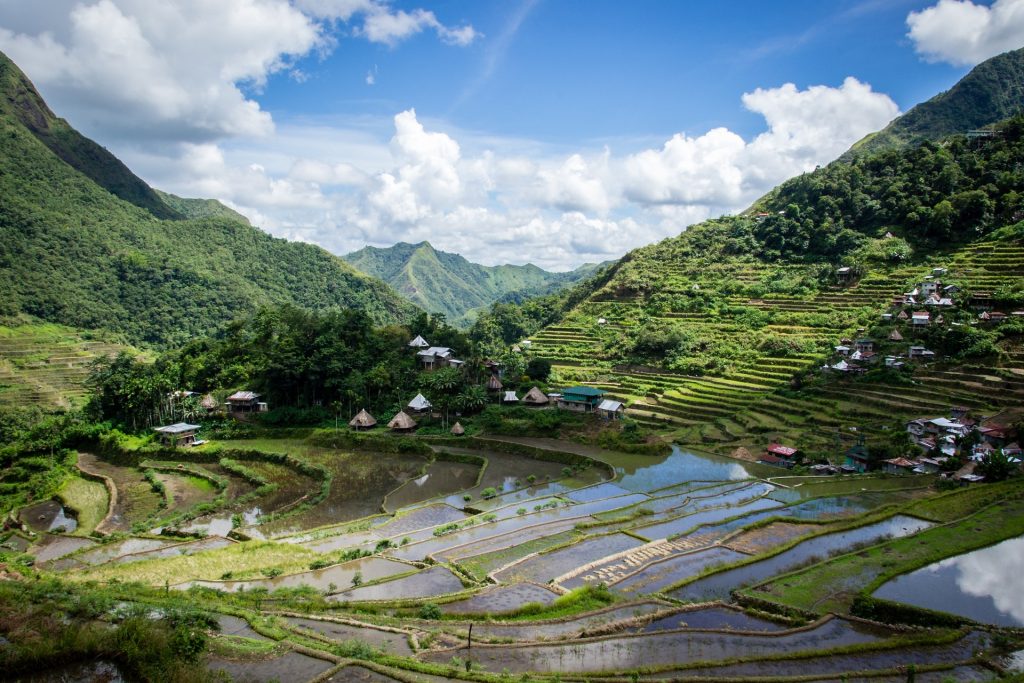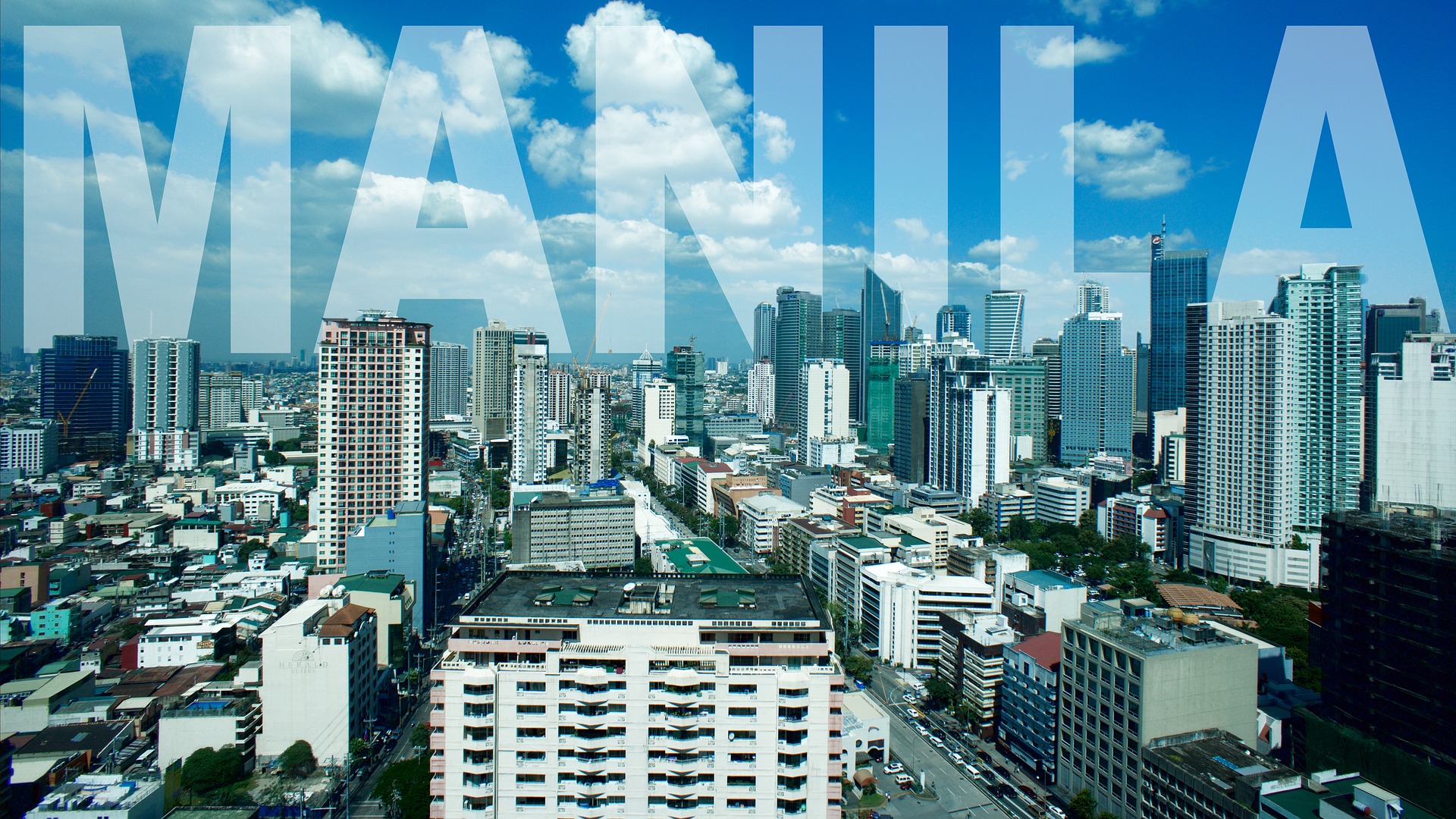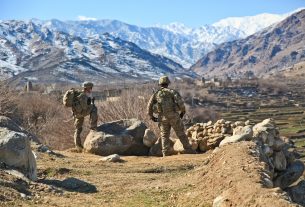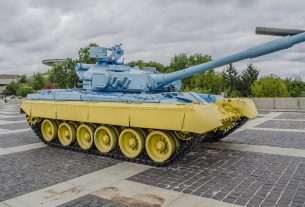Manila, Philippines – The Philippines has long been a country that has suffered from exploitation and oppression. Its people have been subjugated by conquerors and Spanish friars for 333 years, and during the last World War, the entire country of 20 million people became a giant prison camp under the Japanese occupation.
However, despite ahardships, Filipinos are known for their bravery and love of freedom. They have fought for their independence, and their revolutions against their oppressors have been constant. During World War II, they stood in Bataan in an epic struggle against oppression, and more glorious was the fight of the people themselves, as moths against the flame. When the US forces surrendered in Corregidor, the people continued on. From the fields, villages, meadows, mountains, slums and swamps sprang the nation’s army without weapons or bullets, but with a soul that would not bow.
But even after gaining their independence, the Philippines has still not been able to shake off the shackles of its past. Under the guise of altruism, the Yankee monopolists plotted to strengthen their grip on the Philippines in politics, economy, and the military. The return of independence on July 4, 1946, became a joke as
the prostrate country was threatened and blackmailed to pawn its heritage in exchange for a can of sardines and the excess junk of the US Army.
Wall Street, the financial hub of the United States, has played a significant role in binding the Philippines. The Filipino people have had to amend their constitution to grant equal rights to the Americans and American big business. Their sovereignty has hung in the air, with the islands being placed under more than 20 military bases controlling land, sea, and air, for 99 years. The Filipinos have no authority in these bases. The government has become a non-entity that merely follows the financial masters in Wall Street and the Pentagon.
The consequences of this have been dire. Seats in Congress were removed from the elected representatives of laborers and farmers. Strikes and pickets were forbidden. Labor leaders were persecuted, and some were even murdered. Company unions and scabs were coddled. The freedom of progressive elements was curtailed, while all help was given to widen the influence of the church and other enemies of democracy. The National Federation of Farmers, with its half a million members, was banned. The Hukbalahap was outlawed. The Congress of Labor Organizations, with its 100 industrial unions, is being persecuted. These abuses have forced the nation to condemn the ways of the party in power, so that the fear spread that the poor might follow the stance of “a tooth for a tooth.”
The economic consequences have been equally devastating. Seventy-five out of 100 farmworkers have no land of their own. They are mere tenants. They serve under an antiquated system based on the economic needs of the US. They are forced to produce sugar, tobacco, abaca, copra, and timber, and to dig mines to support American industry. America buys these products by quotas and returns them finished from large factories without paying taxes. And yet the country is always short of rice and corn, its staple food.
The consequences of Wall Street’s grip on the Philippines have been disastrous for the Filipino people, and the future looks grim. The country has been reduced to a pawn in the hands of American big business, and its people have been reduced to mere cogs in the economic machine. The only hope for the Philippines is to break free from the chains of Wall Street and regain its sovereignty. The Filipino people must come together and fight for their independence and their rights as human beings. It is only then that the Philippines can truly be free.





